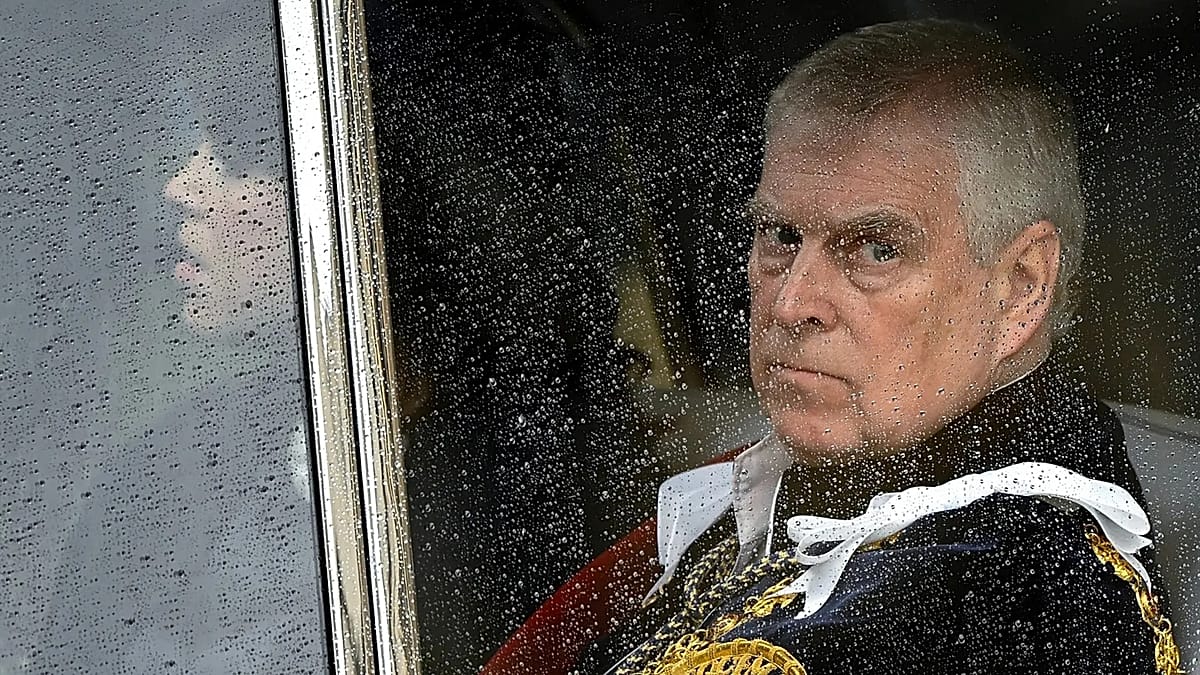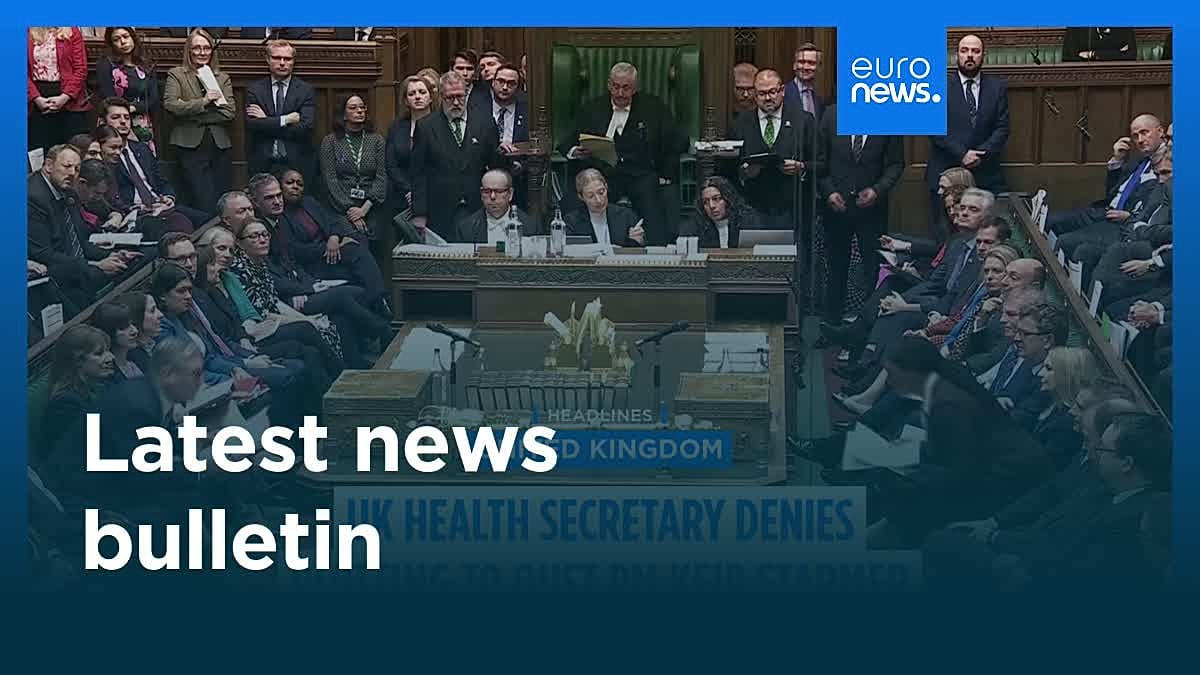After evaluating Brussels, Slovenia is good in waste management, worse in habitat preservation

Brussels – Slovenia continues to improve its waste management system and air quality by reducing emissions, with the main challenges being the deterioration of habitats and species, as well as a lack of investment in wastewater and the integration of nature-based solutions into spatial planning, as noted in the fourth review of environmental legislation implementation in Brussels.
Among Slovenia’s main challenges, they highlight prioritizing investments in wastewater and integrating nature protection aspects into spatial planning and other policies, particularly agricultural, to protect Nature 2000 areas.
According to the European Commission’s assessment, Slovenia remains vulnerable to high-risk flood events associated with climate change. Therefore, it should do more to mitigate the impact of floods, for example, by improving the implementation of flood risk management plans, increasing insurance coverage, and investing in nature-based solutions that address nature conservation while also providing flood protection.
In Brussels, they also warn of the deterioration of many habitats and species, as well as challenges related to environmental noise, which is estimated to be responsible for at least 70 cases of ischemic heart disease in the country, while approximately 9,200 people have sleep disorders.
Regarding the operation of the waste management system, the Commission highlights that Slovenia is one of the few countries on track to meet the targets of a 55% share of municipal waste for reuse and 65% recycling of waste packaging by 2025.
The Commission also recognizes the country’s efforts to improve air quality by reducing emissions under the national air pollution control program. (July 7)














































